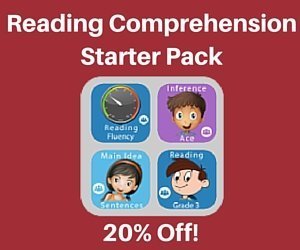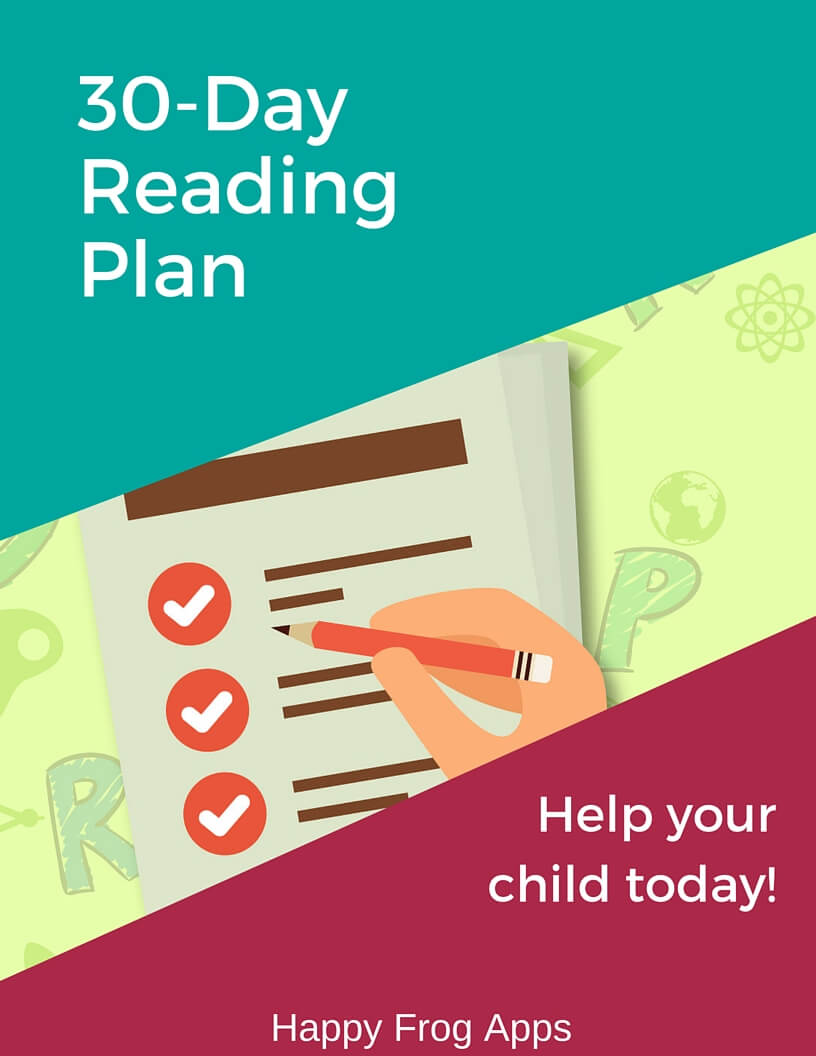Author: Jan: Chief Frog
Conversation Planner – Available Today!
Conversation Planner is now available!
Conversation Planner teaches a step-by-step method to prepare for any conversation or social situation. Kids learn to think about who they are talking to, what that person will expect, when to know the person is ready for the conversation, etc. Conversation Planner gives your child the tools to complete successful conversations.Conversation Planner provides: – A step-by-step introduction to all the key components of a conversation: how to start, how to finish, how to repair conversation problems, how to know your talking partner is ready, etc.
– A focus on perspective-taking. Learners identify the conversation goals for themselves, their talking partners as well as the expectations of other people around them.
– Students learn and practice their skills using more than 130 real-world, age-appropriate scenarios.
– Students progress only when mastery of the current skill is demonstrated.
– ‘At a glance’ reporting shows you instantly how your learner is progressing.
– The fun Reward Center motivates even hesitant learners.
Most exciting, this app offers independent AND therapist mode. In independent mode, answers are displayed and the learner taps the correct answer.
In therapist mode, no answers are displayed. For each question, the student answers orally and the therapist identifies whether the learner’s oral answer was correct or incorrect. Both modes earn coins for the Reward Center.
We’re excited about this new app as kids who struggle with reading comprehension often need support with social skills too.
Grab it now! Half price on launch day!
Why You Need To Teach Inference Skills to Struggling Readers

Inference skills are one of the key skills required for reading comprehension. In fact, according to Marzano (2010) , inference is a “foundational skill” — a prerequisite for higher-order thinking.
If you have a struggling reader, read on to learn all you need to know about this important skill.
What are Inferences?
Firstly, let’s explain what inferences are.
Making an inference involves using what you know to make a guess about what you don’t know. For example, look at the following sentence.
John got out of his comfortable chair and turned on the light.
From this we can guess, that it is dark… or starting to get dark. We can make this inference because we know that people usually turn on lights when there isn’t enough light to see.
When it comes to reading, inferencing should happen multiple times per sentence.
Looking at that same example, we can also infer that John is now standing. The author did not state that he is now standing, but we can infer because we know that when people get up from a chair, they are usually standing.
We can also infer that he might be in the living room, since the chair is referred to as ‘comfortable’ and people typically read in the living room.
One sentence – at least three inferences. And it is these inferences that allow us to visualize the story.
Why is inferencing important?
Good comprehension cannot happen without inferencing — it’s a foundational skill. It’s that simple.
If you want your child to have good comprehension, then they need to have strong inferencing skills.
How Happy Frog Helps
We have a variety of resources to get you started.
Inference Ace and Inference Clues provide step-by-step instruction and practice on inference skills.
The apps teach 10 different types of inferences. Students learn in a fun, game-like environment and there is a Reward Center to provide additional motivation.
Check them out on the app store. We recommend starting with Inference Ace.
![]()
![]()
If you prefer workbooks, we’ve got you covered.
This 60-page PDF workbook builds skills in all ten types of inferences that are needed for fluent comprehension.
The workbook is designed to appeal to non-motivated learners. One or two pages a day will make your learner feel successful and relieve your worries.
Info We Referenced
Marzano, R. (2010). Teaching inference. Educational Leadership, 67(7), 80-01. Available online at
http://www.ascd.org/publications/educational-leadership/apr10/vol67/num07/Teaching-Inference.aspx
.
Other research that supports this strategy
Beers, Kylene. (2003). When kids can’t read: What teachers can do. Portsmouth, NH: Heinemann.
Gregory, A.E., & Cahill, M. (2010, March). Kindergartners Can Do It, Too! Comprehension Strategies for Early Readers. The Reading Teacher, 63(6), 515-520.
Harvey, Stephanie, & Goudvis, Anne. (2000). Strategies that work (pp. 277-281). York, ME: Stenhouse.
Ozgungor, S., & Guthrie, J. T. (2004). Interactions among elaborative interrogation, knowledge, and interest in the process of constructing knowledge from text. Journal of Educational Psychology, 96(3), 437-443.
How to get homework DONE!
Kids who struggle with reading aren’t usually the best at getting their homework done effectively and efficiently.
And that can lead to the dreaded ‘homework battles.’
As parents, we want the time we spend with our kids to be fun and meaningful, not filled with arguments and tears.
In this post, we look to 3 experts who have some great suggestions on how to minimize or get rid of homework trauma.
1. Free webinar: Strategies for Students with ADHD
In this free webinar, Ann Dolin, M.Ed., discusses:
- Tips for creating a stress-free homework environment
- How to help ADHD students stop rushing and making careless mistakes
- Strategies for dealing with procrastinators and perfectionists.

All parents can benefit from watching this, not just ADHD parents. Signup is needed, but it’s a great webinar!
3. A Quick Read…
Don’t have time for a webinar… or need a solution RIGHT NOW? Kate Fermia’s article is to-the-point and has great ideas.

3. Another free webinar!

ADHD kids typically struggle with homework. That’s why resources for ADHD can be awesome for ANY family with the homework struggles.
Dr Joshua Langberg has developed a system for parents and educators to help children with the skills needed to organize and plan homework. Excellent viewing at any time of year. Again, signup is needed.
And our advice is… take any opportunity you can to congratulate your child on success, whether it be homework-related or not. Struggling kids need a champion in their corner!!!
Homework… and life… don’t have to be a battle. Find tools and strategies to help.





